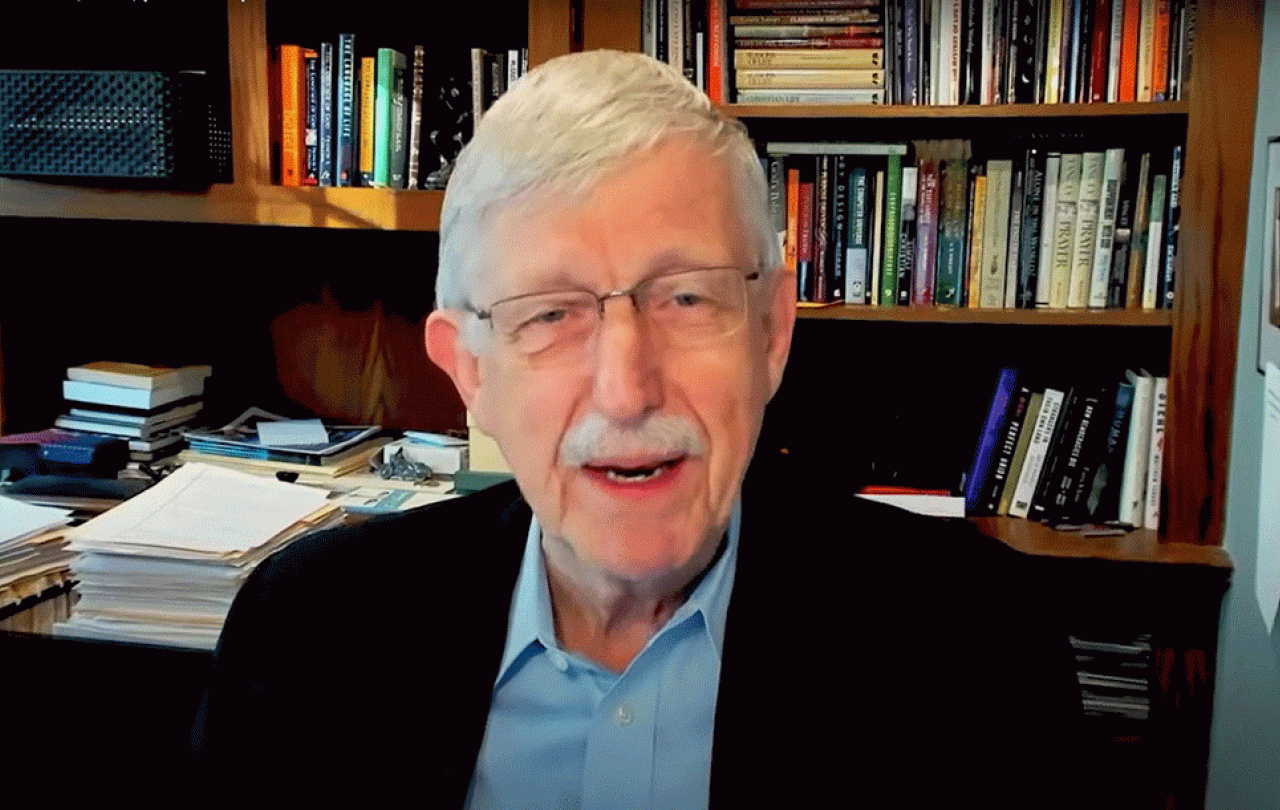Are you starting to think about holidays? Have you heard yourself trotting forth the old clichés?
“We’re looking forward to getting away from it all.”
“We’re planning something special to take us out of ourselves.”
“Well, it might not be that relaxing with the *kids/dogs/relatives* – but a change is as good as a rest!”
Even if going for the budget-friendly ‘staycation’ this year, there is something about stepping out of our everyday busyness and chores that we find distinctly appealing. We hope that a change of routine, if not a change of place, will afford us some kind of renewal. On holiday we are freed to move to the edges of our lives, even if we can’t escape them entirely, and gain the view from the terrace over the box-hedge-maze of all things quotidian.
But would it help us to visit that terrace a bit more often? This has long been the recommendation of scientists, poets and prophets alike. Most recently, a 2025 study from Yale University researched experiences of “awe” in the everyday. They recruited Long Covid patients and instructed them over a three-month period to slow down several times a day, paying attention to something that they valued or found amazing, whilst breathing and noticing any tangible responses or reactions in their body. The researchers called this process “awe”: Attention, Wait and Exhale. Amongst the participants in the study, the practice of AWE induced a measurable improvement in mental health.
Of course, there have always been people who pause multiple times per day to turn their thoughts away from the mundane. In the Sixth Century, an Italian monk known as Benedict devised a “rule” for those living the monastic life, wherein brothers were required to pause for prayer eight times in every 24 hours – including in the middle of the night! This connected the members of the order not only with God but also with each other. Even if a brother found himself temporarily outside the cloister, going on a journey or working with the poor in the wider community, he was still expected to “join” his community in prayer at the regular hours, stopping whatever he was doing to pray in solidarity.
There are still Benedictine orders today, and others who seek to “pray the hours” based on brother Benedict’s rule. But for most of us, our lives are far from this monastic ideal of community and regularity, even if we do practise the Christian faith. Within a busy schedule, stopping once or twice per day to pray can be a challenge, let alone eight times and regardless of convenience! No matter how much the scientists tell us that it will lift our spirits and do us good, such timefulness is the medicine that the modern life denies. But perhaps this is where the poets can supply deficiencies?
In her great work, Aurora Leigh, Elizabeth Barrett Browning once wrote:
“Earth’s crammed with heaven,
And every common bush afire with God;
But only he who sees takes off his shoes—
The rest sit round and pluck blackberries.”
It’s a brilliant reminder that sources of awe are not scarce, even if we are prone to overlooking them. In speaking of “he who sees” Browning suggests that there are some people who see the world in a way that anticipates moments of wonder, and that such people are willing to “take off their shoes”. This is an allusion to the story of Moses in the Bible, who, when he encounters the miraculous mystery of the burning bush in the desert, is commanded by God to take off his shoes because the ordinary desert has now become sacred and holy ground – a place of awesome encounter.






